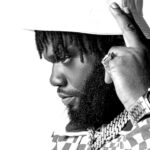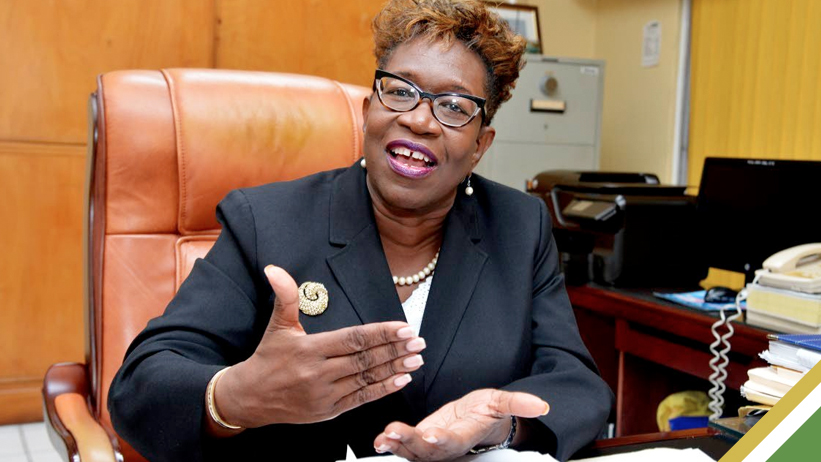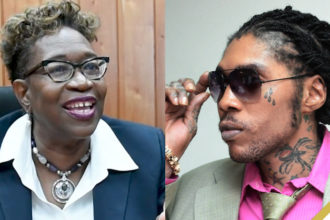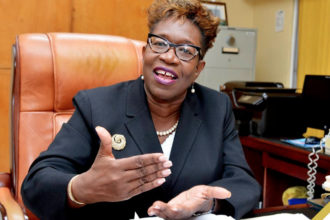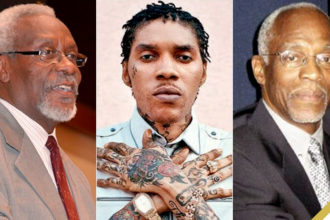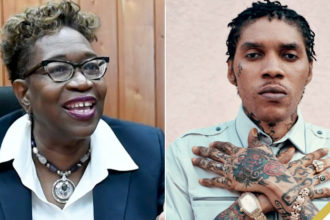The reinstatement of Paula Llewellyn as Jamaica’s Director of Public Prosecutions (DPP) has ignited a firestorm of reactions across social media, particularly within the dancehall community. The decision, handed down by the Court of Appeal, has stirred debates about justice, politics, and the broader implications for high-profile cases like that of Vybz Kartel, whose murder conviction was overturned earlier this year by the U.K. Privy Council.
“Nothing in this country name Jamaica 🇰🇲 surprise me anymore. Only certain sets of people get justice while the other ordinary people will suffer and face the full force of the laws,” one social media user lamented, reflecting widespread skepticism about fairness in the justice system. Another commenter questioned, “A which secret she ave fi JLP?” hinting at political undercurrents behind Llewellyn’s return to office. These sentiments underline a pervasive mistrust in the impartiality of the legal framework.
The dancehall fraternity has been particularly vocal, given the DPP’s central role in prosecuting Vybz Kartel’s 2014 murder trial. While Kartel, whose real name is Adidja Palmer, is now free after the Privy Council’s landmark decision, the DPP’s office has faced scrutiny for its handling of the case. This persistent legal wrangling has fueled conspiracy theories, with one commenter suggesting, “They sit her out fi free Kartel. Babylon a move tricky but mi Sidem.”
Llewellyn’s reinstatement also raises questions about institutional priorities. Some critics have called for an investigation into the process, with one post asking, “So this nuh need NIA investigation? Why she want this work so bad?” Meanwhile, others see the decision as a political victory, with one user remarking, “I am not in favour of the ruling, but congrats to her and the JLP. This win is for them.”
For Kartel’s supporters, the ruling adds another layer of complexity to the tumultuous legal landscape. While the artist is now focused on his music career, with plans for significant personal and professional endeavours in 2025, his legal battle remains a topic of public discussion.
As debates rage on, Llewellyn’s reinstatement serves as a flashpoint for more extensive conversations about justice, governance, and the intersection of politics and entertainment in Jamaica. Whether viewed as a triumph of law or a symbol of systemic inequity, her return has undeniably captured the nation’s attention, with dancehall once again at the heart of the discourse.

